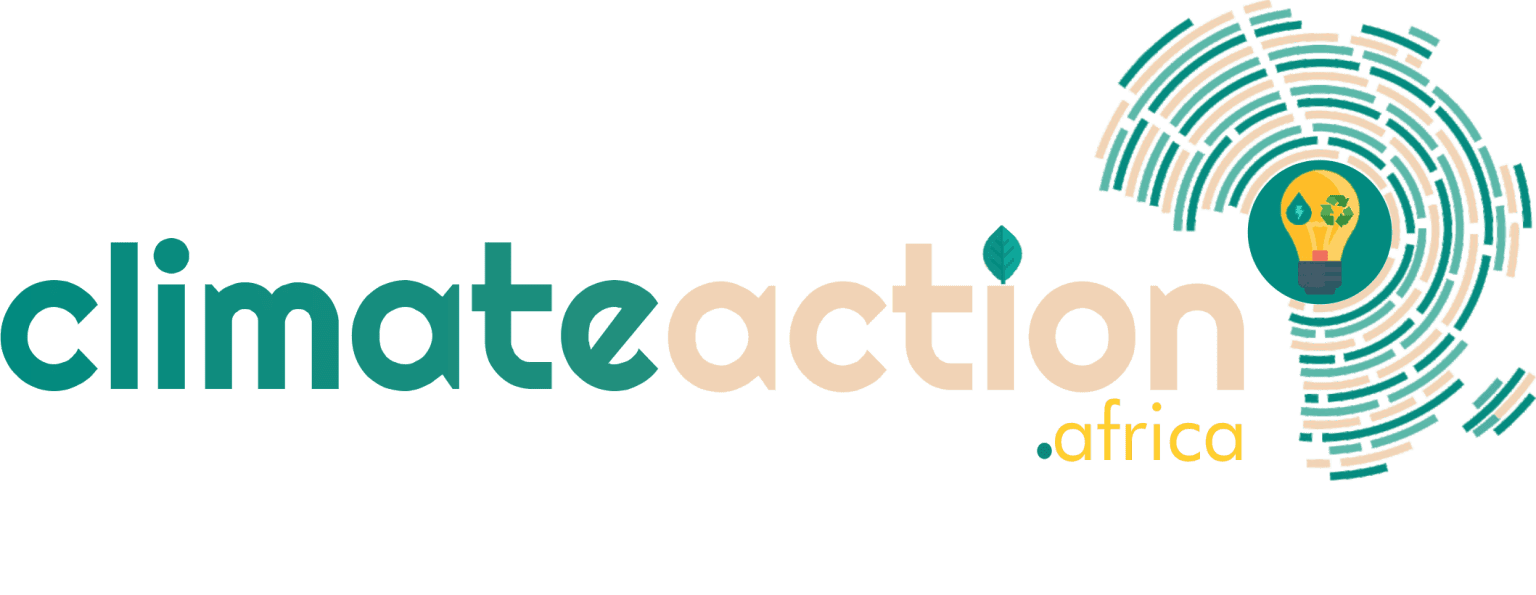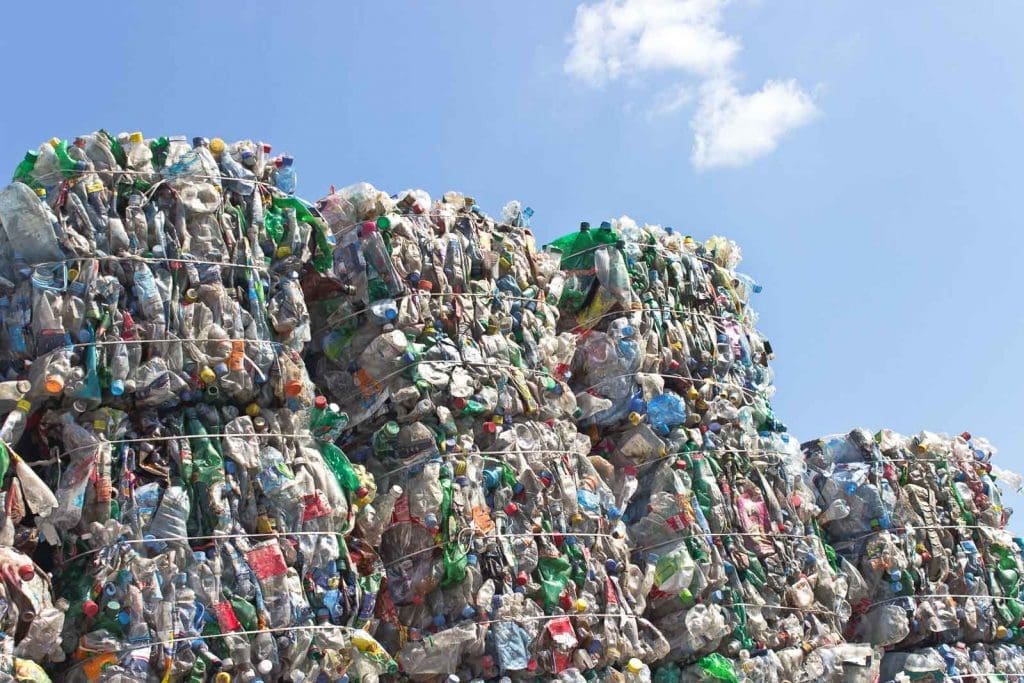It is safe to say that people who live in cleaner countries tend to have longer life expectancies than those with dirtier surroundings. No doubt, clean water, better air quality, better handling of waste, and sanitation are important factors that affect human health in no small measure.
Countries in Africa are gradually moving up the rankings of the Environmental Performance Index (EPI) which ranks countries from the cleanest to the dirtiest in the world on the basis of two policy objectives: ecosystem vitality and environmental health. One such African country is Rwanda.
Recently, Rwanda’s Ministry of Environment, in collaboration with the Grand Duchy of Luxembourg, Global Green Growth Institute (GGGI), European Union, Institute of Transportation and Development Policy, and We Do Green organization, launched a new solid waste management project in the Rwandan capital Kigali.
Tagged “Waste to Resources”, the three-year project will adopt integrated sustainable waste management practices that allow the city’s waste to be transformed into secondary raw material, in order to be reintroduced into the production cycle.
Following the signing of a memorandum of understanding in 2020, both governments have agreed to strengthen their cooperation and technology transfer, within the framework of the Waste to Resources project, to improve the management of municipal solid waste (DSM) and hazardous waste in Rwanda.
Renowned as one of Africa’s cleanest cities, Kigali is currently home to over 1.1 million people compared to an estimated population of over 923,000 inhabitants in 2002. The rapid growth in its population underscores the need to reduce pollution in the city.
According to Jeanne d’Arc Mujawamariya, Minister of Environment, waste management accounts for 14% of the potential for reducing GHG emissions in the country. She believes that waste should be wasted. What communities call waste, will be recycled to produce goods that can be reused in the households. This is also in line with environmental protection.
“As Rwandans, we are not supposed to be dumping wastes anywhere, because it can be of importance to us after recycling. The dumped waste can give us energy, fertilizers, construction materials, electric poles, and many other products,” said.
By way of explanation, Faustin Munyazikwiye, the director of the Rwandan Environment Management Authority (REMA), said, “The project aims to reduce untreated waste collected at the Nduba landfill through recycling, to create income-generating business models from existing waste streams to create green jobs, to increase access to sustainable services for residents of the city of Kigali and reduce waste-induced greenhouse gas (GHG) emissions .”
“I am very pleased that this project has started, and sustainable solutions to protect the environment will be realized. However, for the success of the project, public and private actors will work together to scale up the beneficial activities.
Therefore, it is really important that the government takes responsibility for good regulatory frameworks and a good environment for the private sector to show its ambitions for sustainable development,” Carole Dieschbourg, Minister of Environment of the Grand Duchy of Luxembourg said.
With the implementation of the “Waste to Resources” project, Rwanda’s green growth strategy until 2050 is underway. The project is also in line with Rwanda’s commitments under the ten-year climate plan recently submitted to the United Nations Framework Convention on Climate Change ( UNFCCC).



